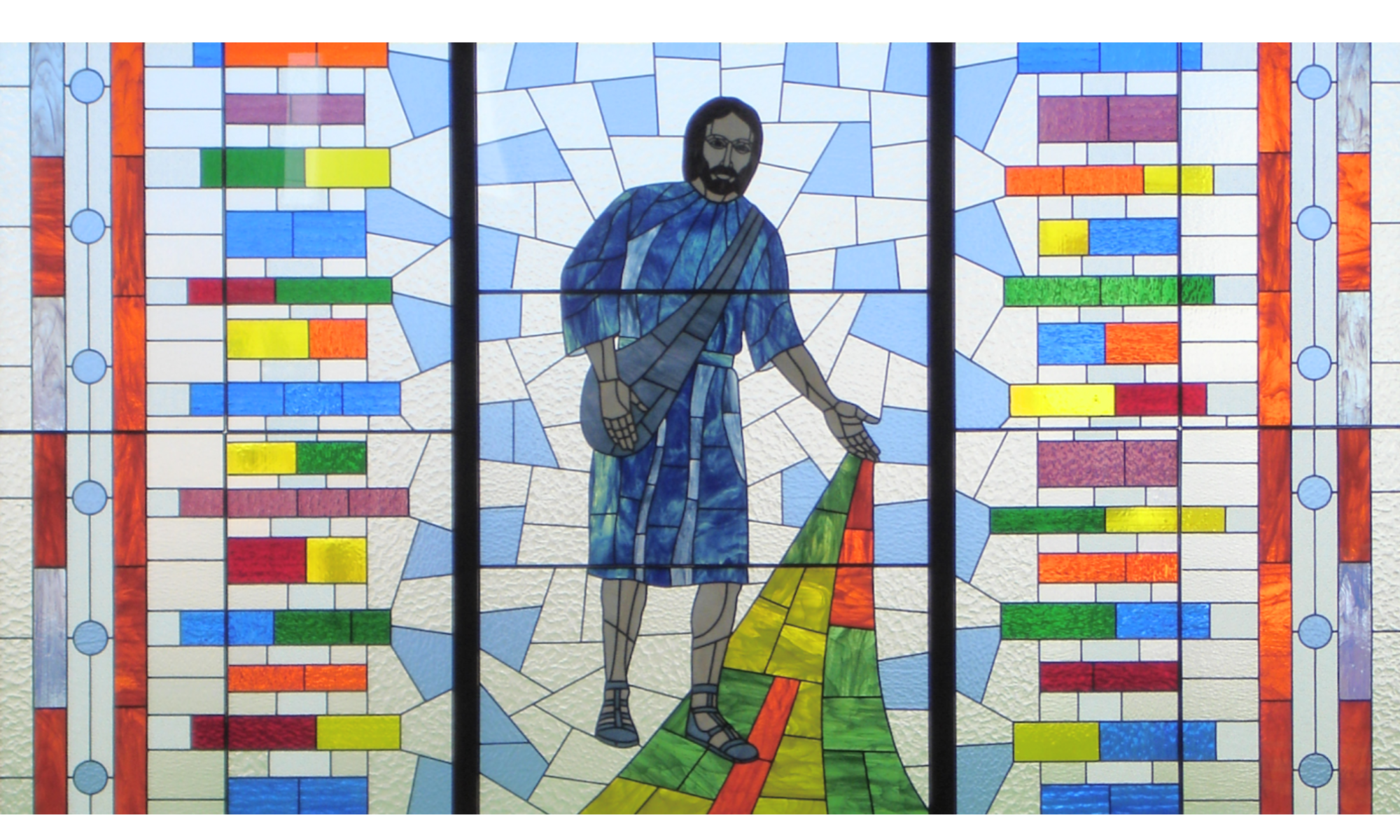Semănătorul (The Sower)
September 2021, Volume 2, Number 2
Deborah and Barak: An example of complementarian leadership?
Paul R. Williamson
ABSRTACT
The Exodus account of God’s rescue of the Israelites from slavery in Egypt describes the greatest salvific event found in the Old Testament. As a story that concludes with Yahweh dwelling among the Israelites, it highlights how people may come into a more intimate relationship with God. In this light of this, it is noteworthy that New Testament writers draw heavily on the book of Exodus to explain the soteriological significance of Jesus Christ’s death, resurrection and ascension. This article surveys the process of salvation that is described in the book of Exodus, focusing especially on Passover and the covenant ratified at Mount Sinai. This provides a foundation for exploring some of the ways in which New Testament writers address soteriological concepts that are centred on Jesus Christ.
KEY WORDS: Exodus, Passover, Covenant, Sanctification, Soteriology
